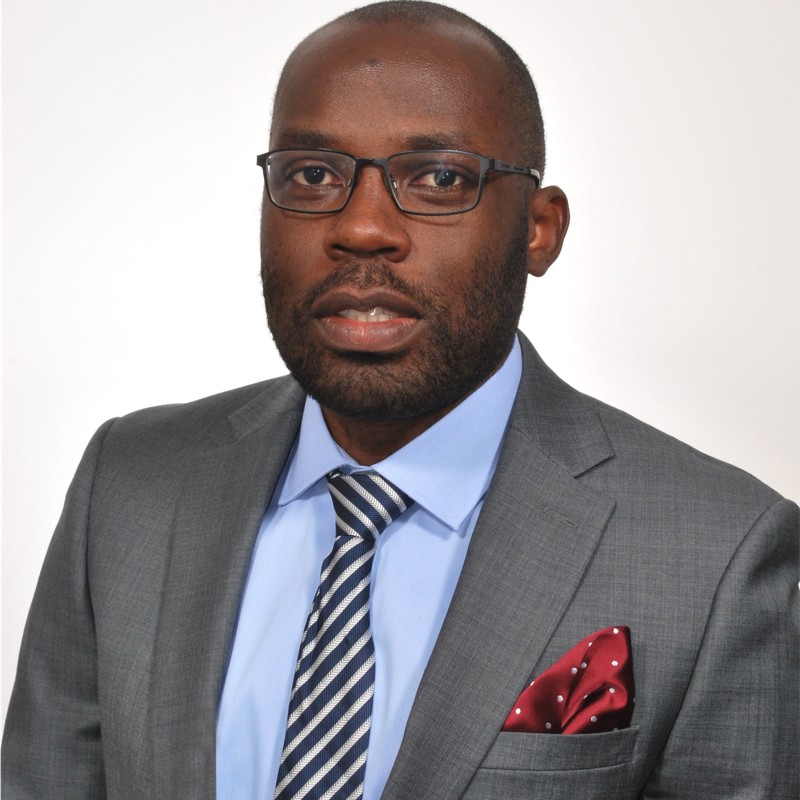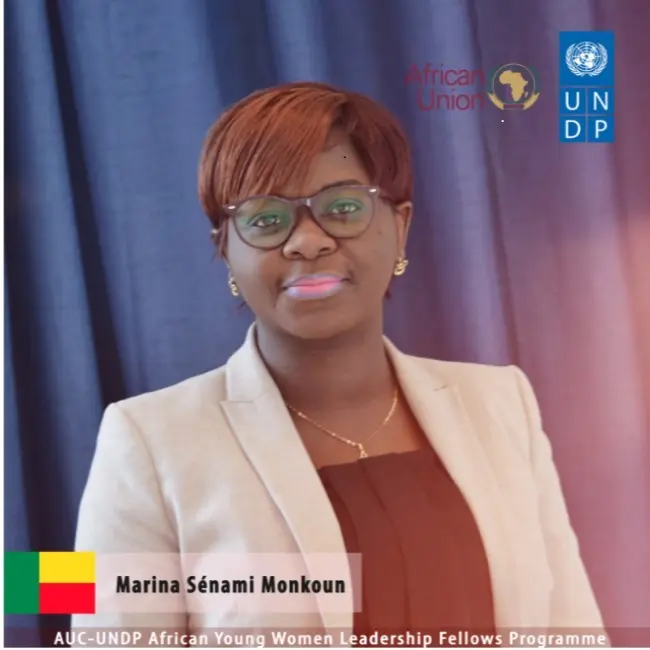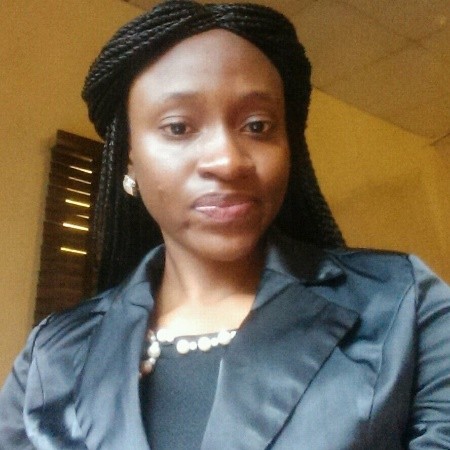Champions After Campus
From lecture halls to global stages, our alumni are shaping industries, driving change, and inspiring the next generation.
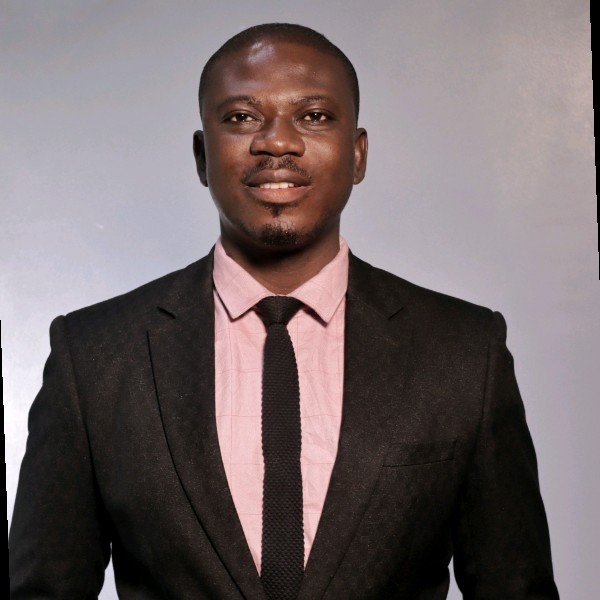
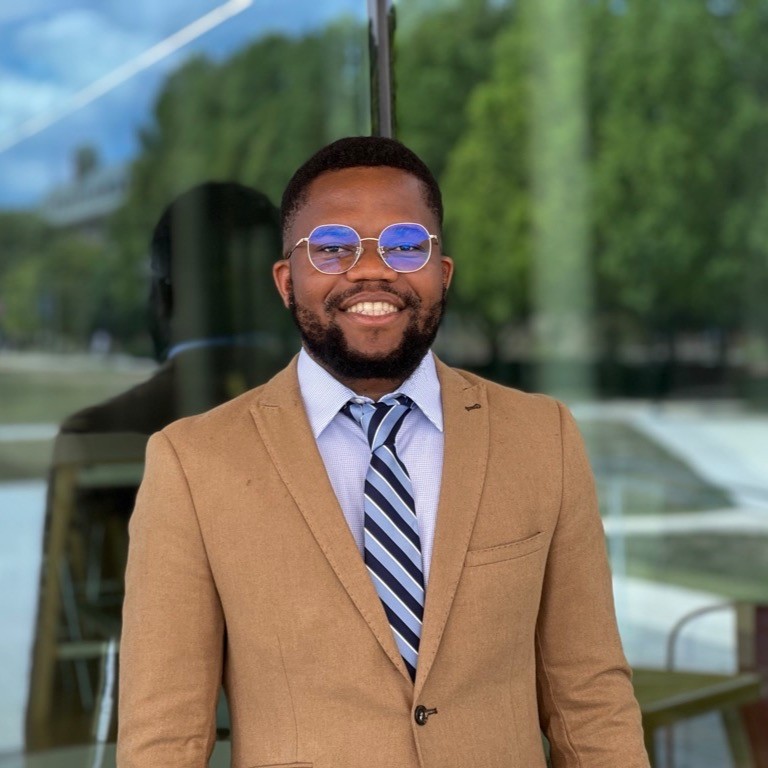
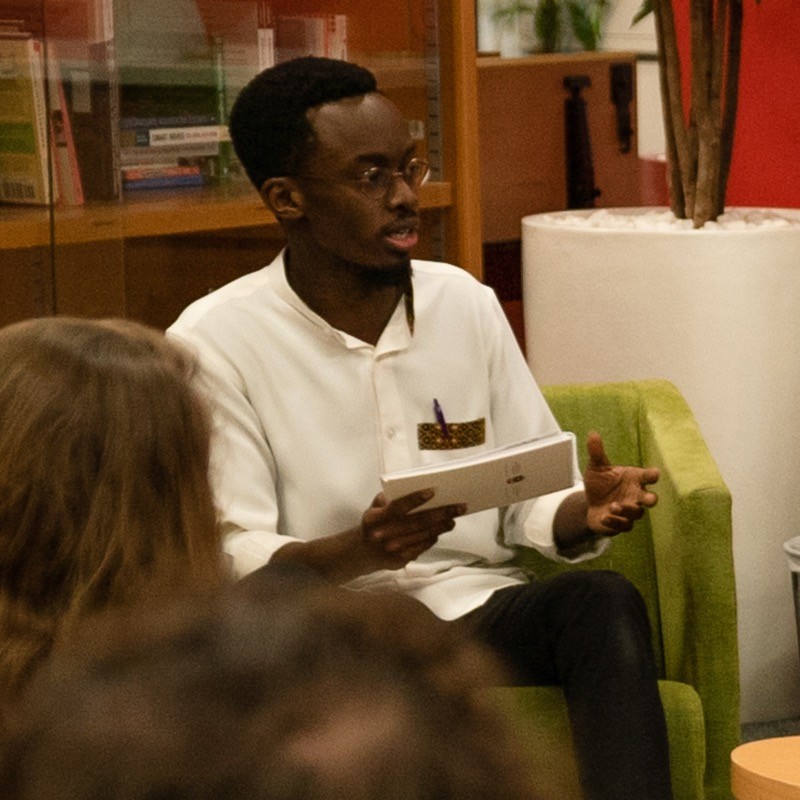
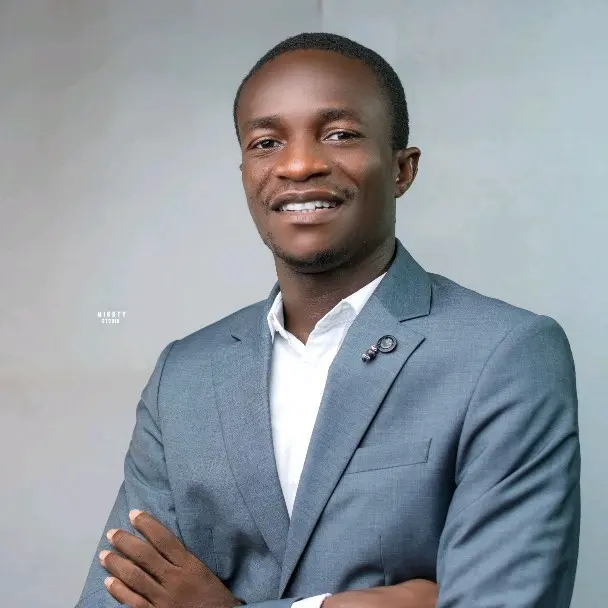
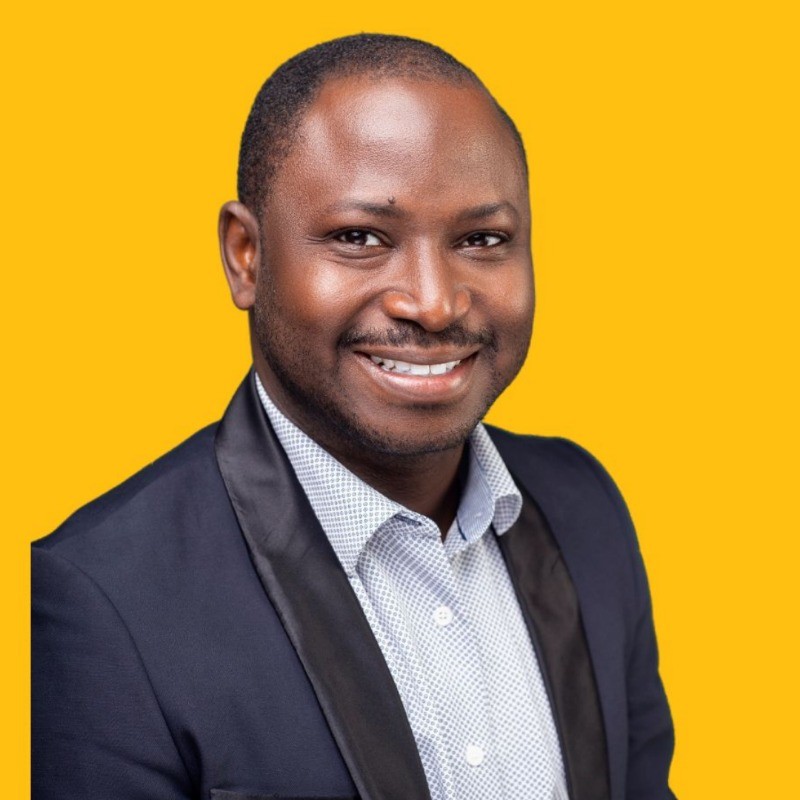
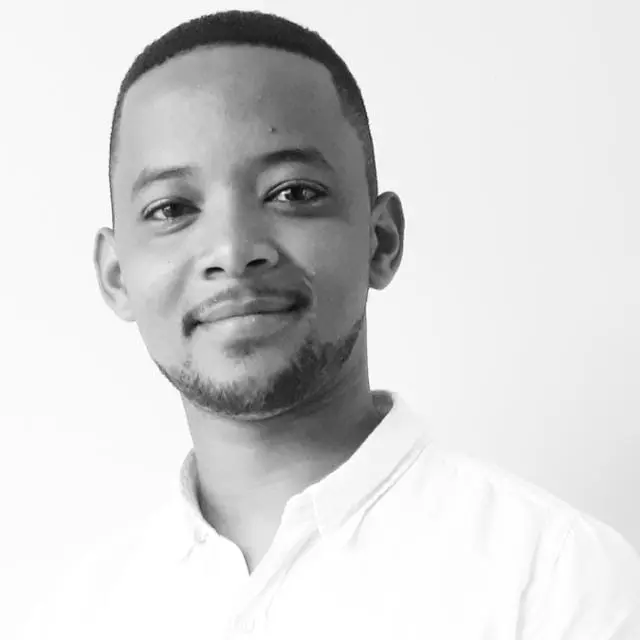
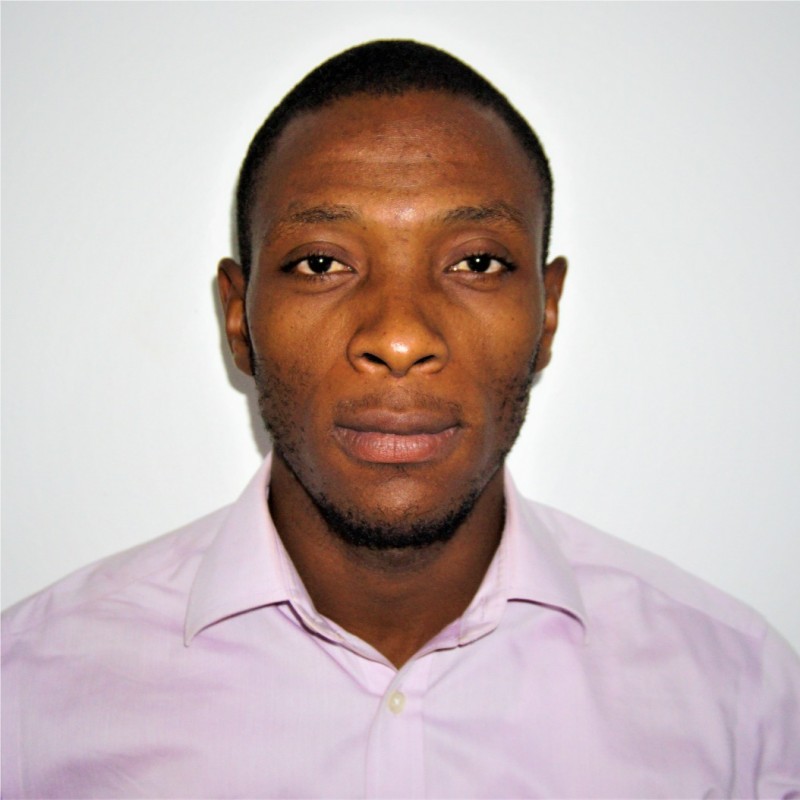
Excellence in research
Cutting-edge applied research is our hallmark. We demonstrate excellence in publishing in top-tier journals, and in disseminating our findings at global conferences
Entrepreneurship
We foster socially conscious, innovative entrepreneurs who contribute to African prosperity by taking an active role in it.
Pan-African & Int'l Connections
Faculty, staff, and students come from all over Africa and include members of the global African diaspora. The ASE community is committed to developing a strong pan-African identity by embracing international connections
Service to Society
ASE faculty, students, and alumni wish to give back to African societies by engaging in policy debate and policy making.

